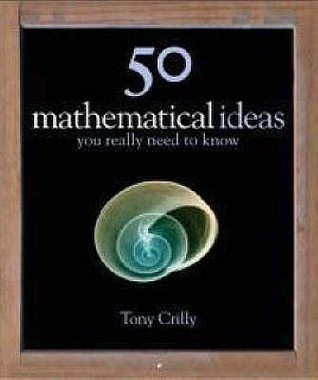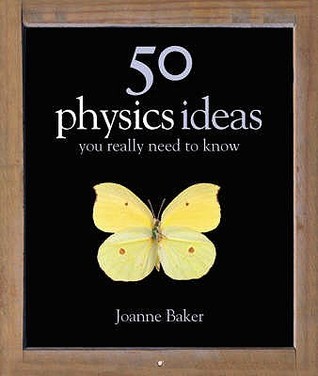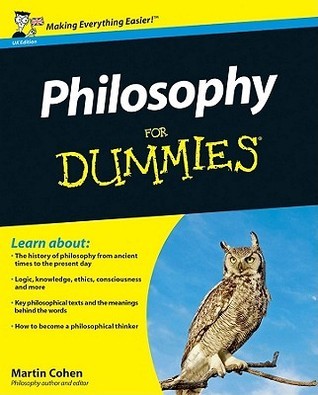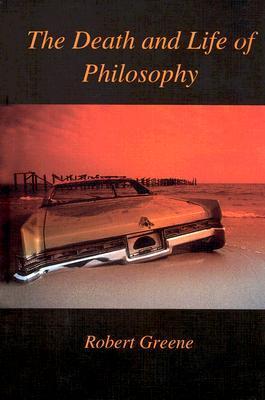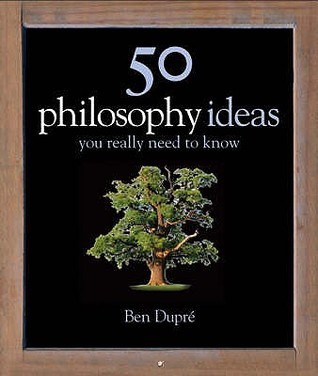
50 Philosophy Ideas You Really Need to Know
Book Description
Unlock the secrets of existence with "50 Philosophy Ideas You Really Need to Know." Delve into the thoughts of great minds who have grappled with life's deepest questions, from the nature of reality to the essence of morality. Each idea bursts with insight, challenging perceptions and igniting a revolution of thought. Discover how these concepts have shaped societies, influenced art, and transformed lives throughout history. With each turn of the page, feel your mind expand and your convictions waver. What if everything you believed was just the beginning of a much larger mystery?
Quick Book Summary
"50 Philosophy Ideas You Really Need to Know" by Ben Dupré offers a concise yet stimulating exploration of philosophical concepts that have shaped human thought across centuries. The book distills complex ideas—from metaphysics and epistemology to ethics and political philosophy—into accessible explanations, making it a perfect introduction for readers both new and seasoned. Dupré introduces essential philosophical questions, highlighting their historical origins and ongoing relevance to modern life. By examining ideas such as the nature of reality, personal identity, morality, consciousness, and free will, the book not only summarizes influential theories but also encourages readers to challenge assumptions and think critically about their own beliefs. This compendium stands as a compact yet profound guide to the enduring mysteries and debates of philosophy.
Summary of Key Ideas
Table of Contents
What is Reality?
Philosophy begins with questions about reality, and the book explores foundational ideas around what exists and how we can know it. Concepts such as Plato’s theory of forms, Descartes’ skepticism, and the mind-body problem invite readers to consider whether the world we perceive truly reflects an external reality or if it is constructed by our consciousness. The discussion extends to empiricism and rationalism, tracing how thinkers like Hume and Kant grappled with the limits of human perception and reason in understanding the nature of existence.
The Problem of Free Will
A major theme concerns the perennial debate over free will and determinism. The book presents arguments from both sides: whether our choices are predetermined by preceding events or if humans possess genuine freedom to act. Theories from philosophers like Spinoza and compatibilists are discussed, along with contemporary questions raised by neuroscience and psychology about the extent to which biological and environmental factors govern behavior. This section illuminates the personal and societal implications of believing—or not believing—in free will.
Personal Identity and the Self
Personal identity and the self are investigated through thought experiments and philosophical arguments. Dupré introduces John Locke’s concept of consciousness as the foundation of identity, as well as Derek Parfit’s challenging ideas about psychological continuity and the notion that the self may be more fluid and fragmented than intuition suggests. The book invites readers to question the permanence of their own identities and consider how our understanding of self shapes ethics, responsibility, and relationships with others.
Foundations of Morality
Theories of morality are thoroughly examined, covering consequentialism, deontology, virtue ethics, and relativism. The reader encounters pioneers from Aristotle to Kant to Bentham, each proposing distinct sources and standards for right action. Modern dilemmas—such as utilitarian calculations or the role of duty in moral decision-making—are explored, highlighting the difficulties in applying abstract principles to real-world problems. This encourages reflection on the foundations of our moral judgments.
The Nature of Consciousness
Lastly, the book addresses the enigmatic nature of consciousness—the hard problem articulated by philosophers like David Chalmers. It surveys competing theories such as dualism and physicalism, investigating whether consciousness can be reduced to physical processes or if it represents an irreducible feature of the universe. By presenting arguments, counterarguments, and unresolved questions, the book sparks curiosity about the mind’s inner workings and the broader mystery of subjective experience.
Download This Summary
Get a free PDF of this summary instantly — no email required.

